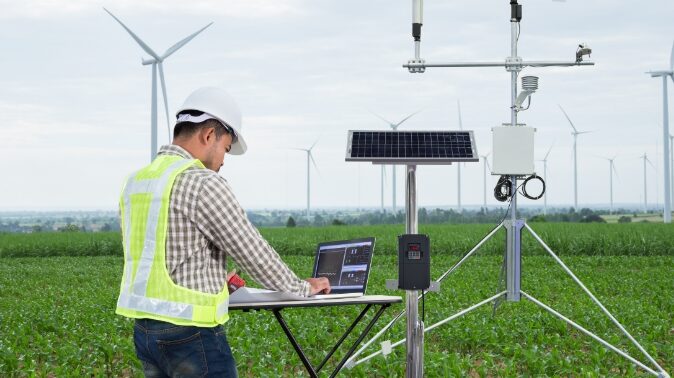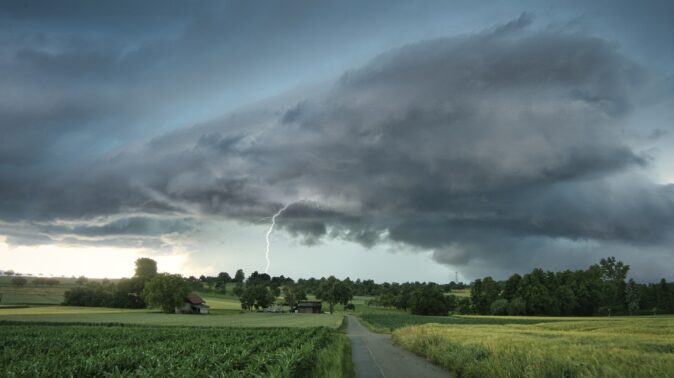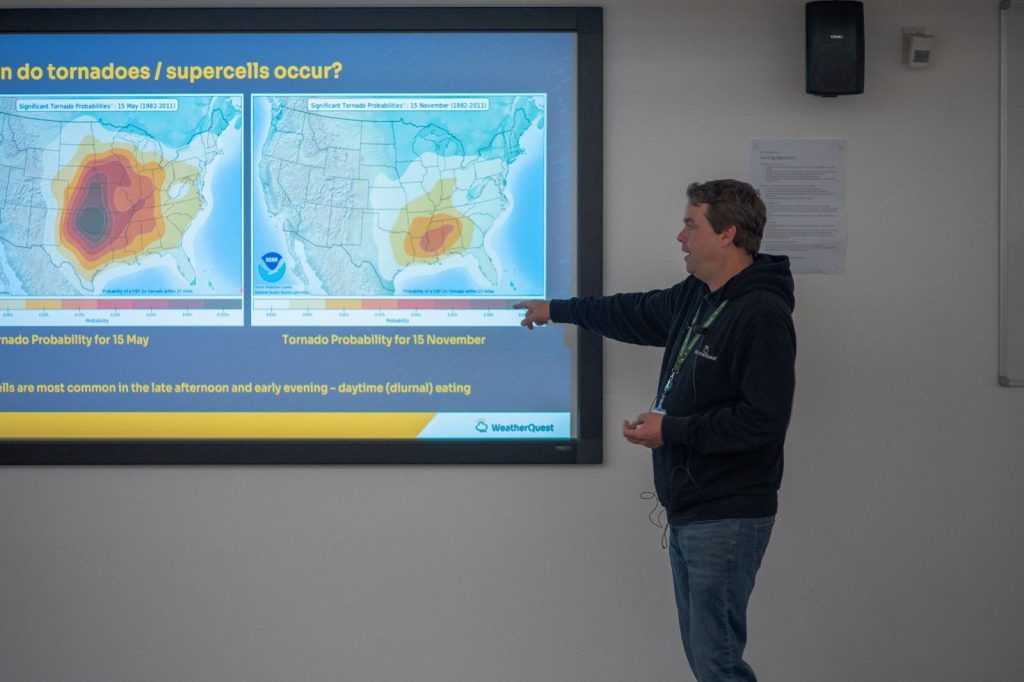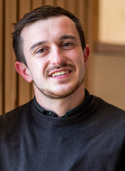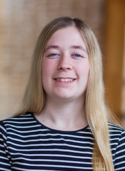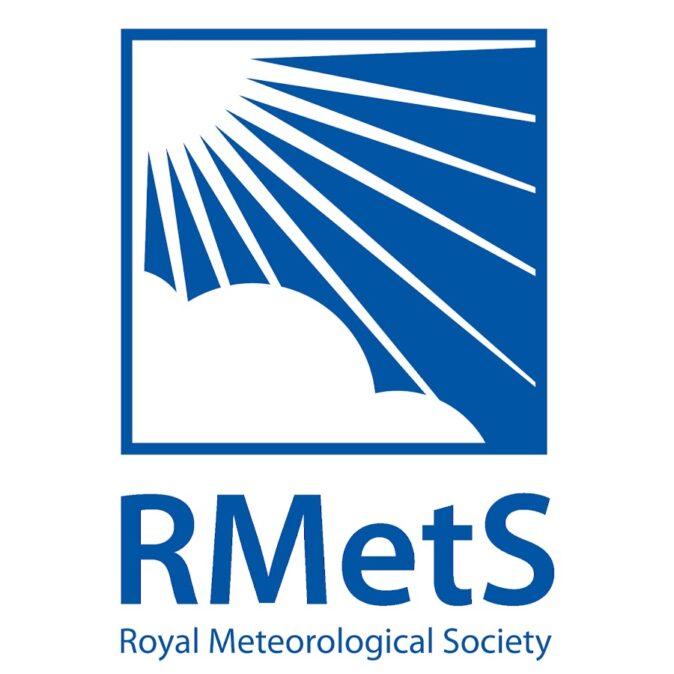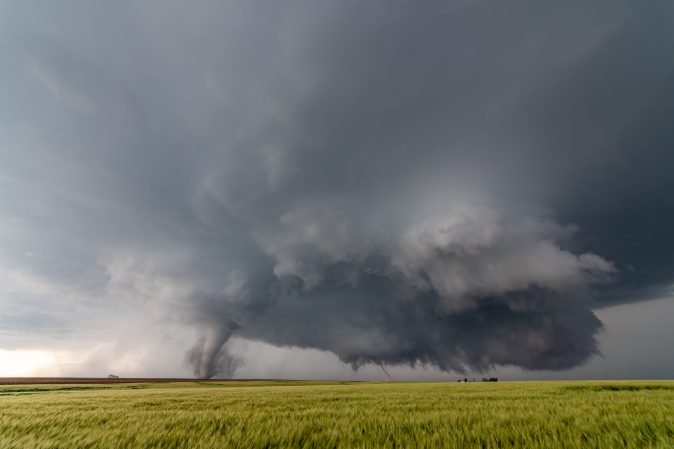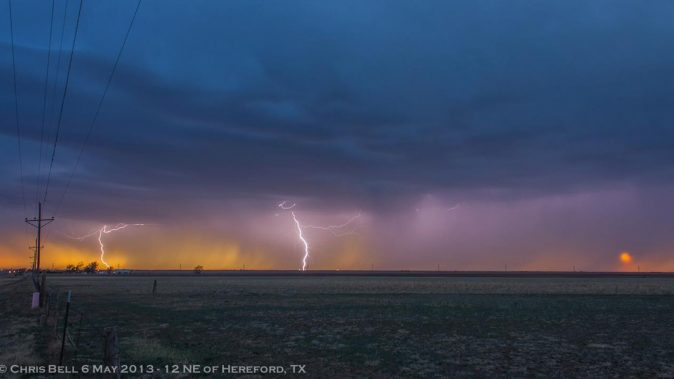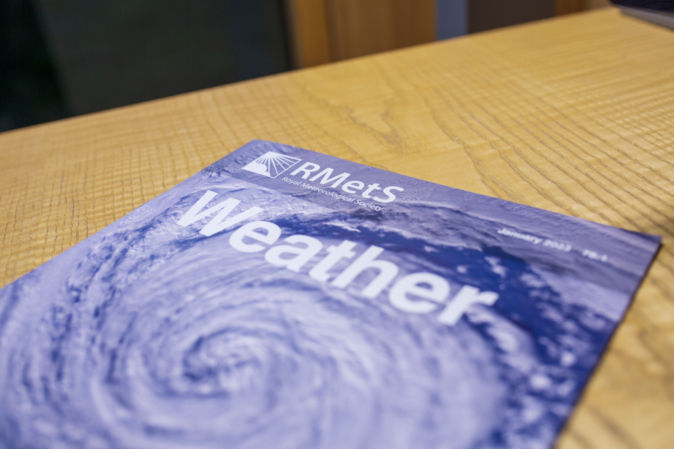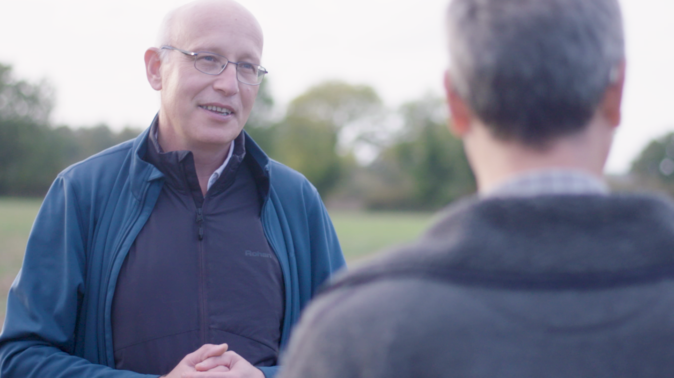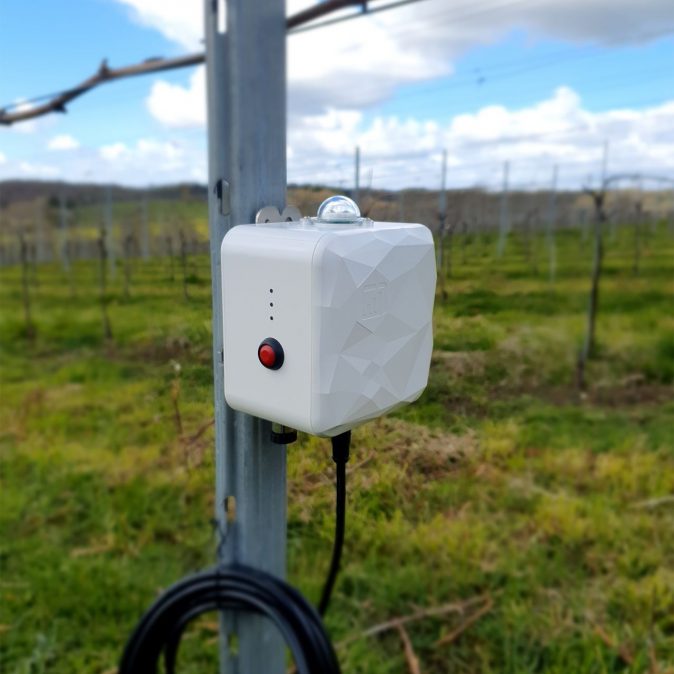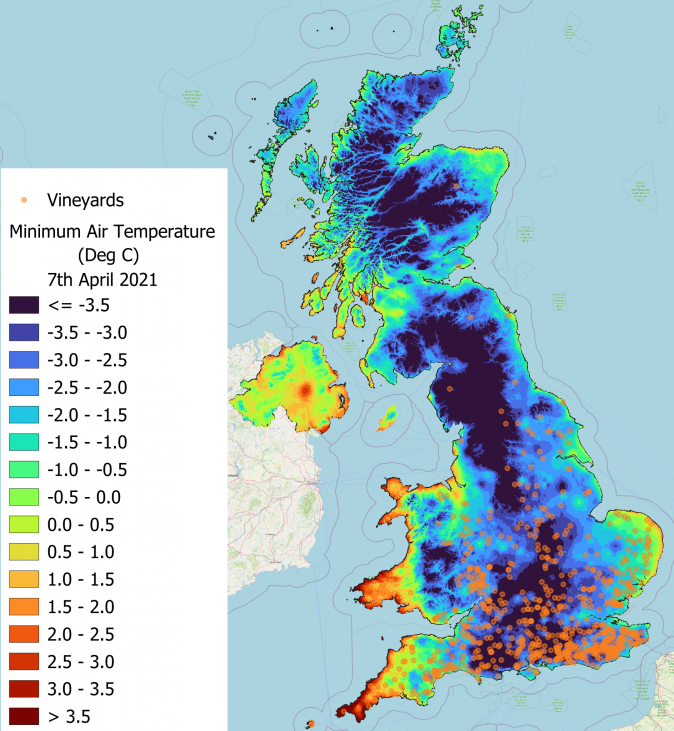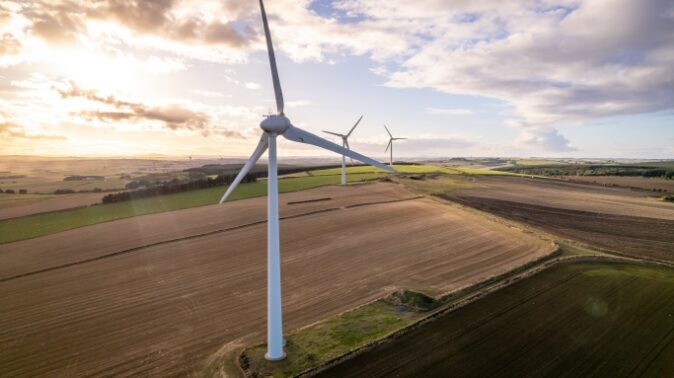Some exciting news on the Frost Protection side of Agriculture!
We are taking part in an innovative frost forecasting and management project which has secured over £300,000 in funding from both Innovate UK and the Department of Food and Rural Affairs (Defra).
Working alongside TerraPrima, Agri-Epi Centre, Plumpton College, Vinescapes, Vinewatch and WineGB, the project is called ‘Smarter Forecasting, Communication and Management of Frost Risk in Vineyards’. The project will aid the rapidly growing sector of domestic viticulture in the UK and their resistance to frosts. By creating accurate, real-time, hyper-localised, site-specific, and variety-specific frost risk forecasts, it will enable vineyards managers to make more confident, informed and targeted decisions when it comes to frost mitigation, with the added benefit of sustainability in mind.
Sensors installed across a broad range of Vineyards in West and East Sussex, Surrey and Oxfordshire will be used to evaluate frost risk at an incredibly fine level. By utilising these on-site sensors and combining them with ever improving forecast models and site-specific mapped frost risk assessments, the project will launch fine resolution forecasts of both frost risk and frost type, which will ultimately be available through an app.
Due to the changing climate, Spring is undergoing some rapid changes, most notably its start date. With an earlier start to the warmer weather, it kickstarts the budburst on the vines – the time when vines are most at risk to frost damage. Unfortunately, even with this shift, temperatures can swing back to form sharp frosts which cause widespread damage. The number and severity of these frosts changes year to year, but the threat to UK vineyards remains the same.
With the help of this project, vine growers will be able to protect their crop in a more focused approach, understanding which mitigation method best prevents damage for the frost forecast conditions, reducing the stress of the frost season, and helping them make changes to better the environment. We are incredibly excited to be taking part!
Photo Credits:
Ridgeview Wine Estate / @juliaclaxton
Terraprima Group

